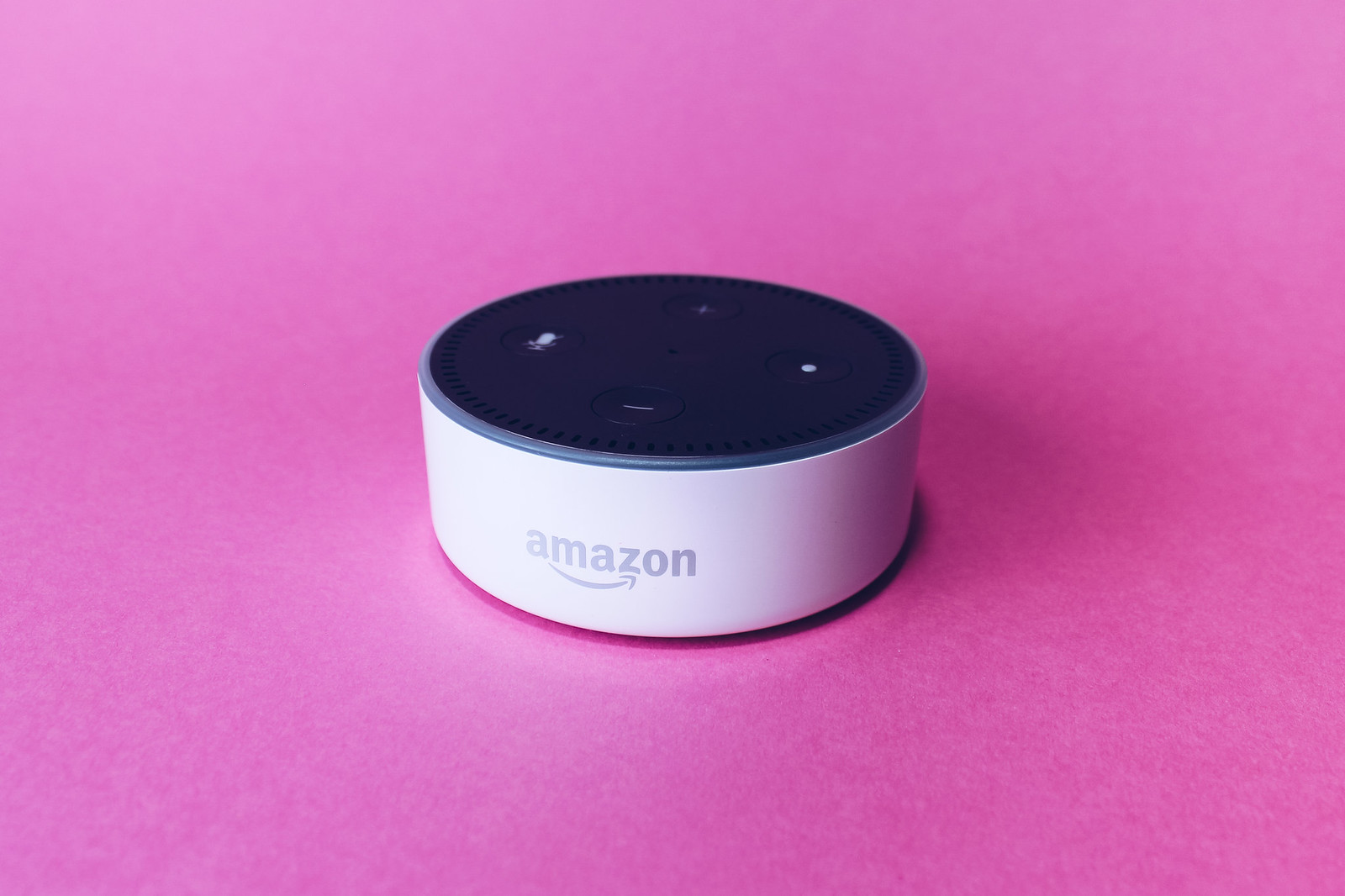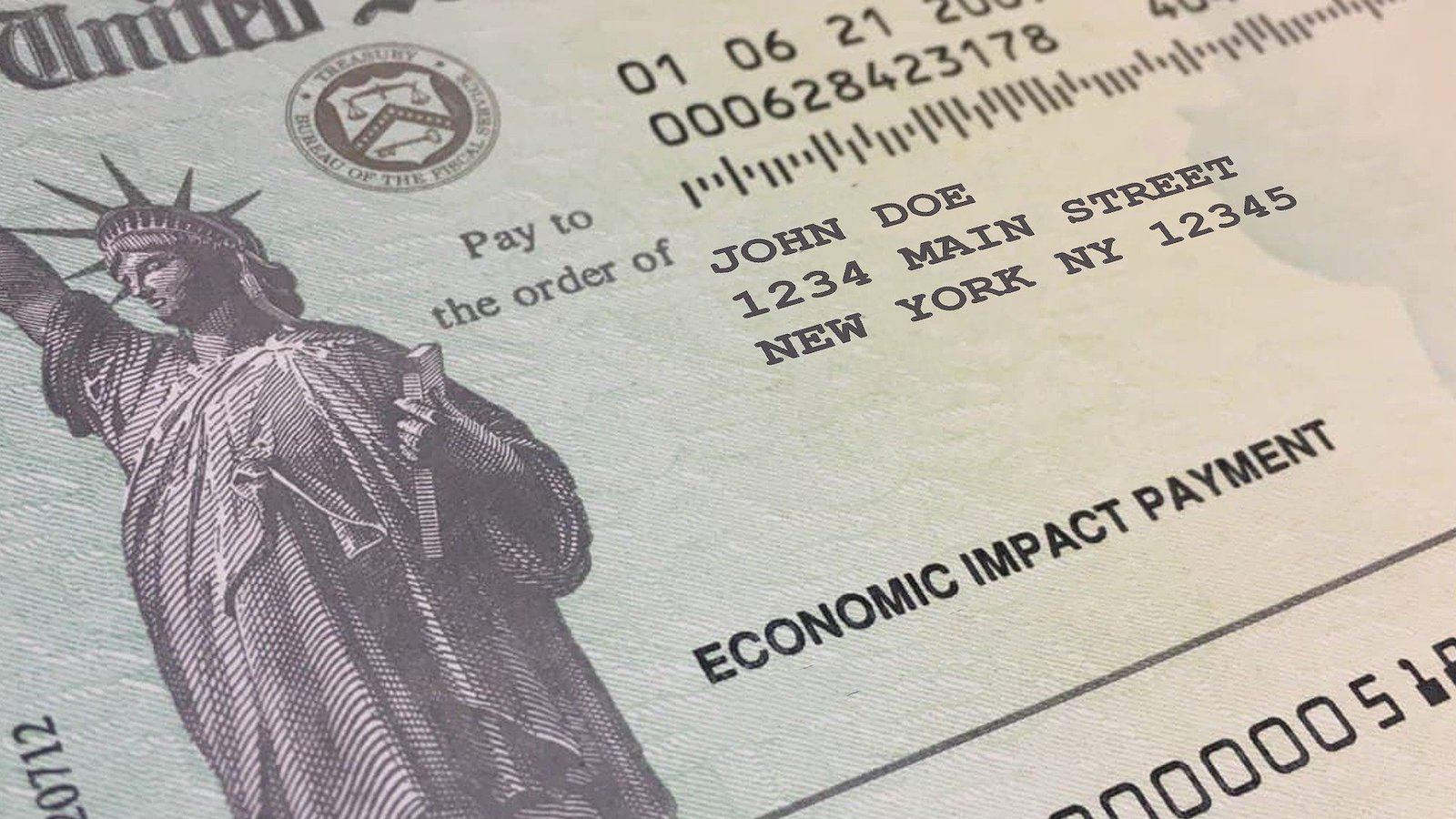
How to get your stimulus payments when you file your tax return
If you haven’t received any stimulus payments yet and believe you should have, don’t fret. You will be able to recoup your money when you file your income tax return in the weeks ahead.

by Teresa Murray, Consumer Watchdog
March 3, 2021
Some of your friends or relatives have received two COVID-19 relief/ stimulus payments in the past year. And a third may be on the way soon.
If you haven’t received anything yet and believe you should have, don’t fret. You will be able to recoup your money when you file your income tax return in the weeks ahead.
Here’s what you need to know about past payments and the next one that’s expected:
-
People who were eligible but didn’t receive either the first or second round of what are called “economic impact payments” will be able to recoup their money when they file their 2020 tax returns in the coming weeks or months. On tax materials, people will see the economic impact payments referred to as the “recovery rebate credit” (RRC) on Form 1040 or Form 1040-SR because the payments are technically an advance payment of the RRC.
-
Remember you may be eligible for payments based on your 2020 income, even if you weren’t eligible based on your 2019 return.
“The IRS cannot correct or issue additional payments based on your 2020 income until you file your 2020 tax return in 2021,” the IRS says. “The IRS used your 2019 tax return (or 2018 if 2019 wasn’t on file) to determine your eligibility and calculated any Economic Impact Payment. If you don’t get an Economic Impact Payment in 2020 or you don’t receive the maximum amount, you may be eligible to claim the Recovery Rebate Credit when you file your 2020 federal income tax return in 2021.”
-
Save your letters from the IRS (notice 1444) with your tax records, the IRS says. You’ll need to refer to the amounts of any payments received when you file your 2020 taxes.
-
The IRS encourages taxpayers who didn’t get either or both of the first two payments to review their eligibility. Many, including recent college graduates, may be eligible, the IRS says.
-
People who aren’t normally required to file tax returns but are eligible for the impact payment can file a tax return for 2020 and claim the recovery rebate credit.
-
To check whether you’re eligible for any stimulus payment from the federal COVID relief law or what happened to any payment issued, go to the IRS website and click on the blue Get My Payment button.
-
If a third payment is approved and you’re eligible, most people will receive their money automatically, without taking any action.
-
The government will base your eligibility on your 2019 tax return if your 2020 return hasn’t been filed yet. If you weren’t eligible based on 2019 but lost your job last year or otherwise made significantly less, it’s in your interest to file your 2020 return as soon as possible, before Congress approves the legislation. If you’re eligible and don’t get it, you’ll be able to recoup it on your 2021 tax return filed next year.
-
On the flip side, if you earned significantly more in 2020 than in 2019 and that increase pushes you over the eligibility limits, you should realize that filing your 2020 return before Congress passes the legislation will mean you likely won’t a third stimulus payment.
-
Keep an eye on the bank account where you got your last stimulus payment or the bank account the IRS has on file for you. Any future direct deposit should land there.
-
If you didn’t get a payment for the last round of COVID relief last year, watch your mailbox. You may have received last year’s payment previously and mistakenly threw it away. Or there could have been an error that gets corrected this time around with the latest payment. In any case, you have more motivation to go through your mail carefully. Some people will receive paper checks; others will get a debit card instead.
-
Eligibility for the first two payments was based on an adjusted gross income up to $75,000 for individuals and up to $150,000 for married couples filing jointly. Generally, people are eligible if they’re U.S. citizens or resident aliens who are not eligible to be claimed as a dependent on someone else’s return.
-
Watch out for scams. Neither the IRS nor banks will contact you asking for any personal information. There already are fraudulent text messages, emails, phone calls and social media posts that request “a small processing fee” or personal information supposedly needed for people to get their COVID impact payments. If you get a call or text or email, do not call the phone number left and do not click on any links. Either ignore the messages or, if you’re concerned, contact your bank or the IRS at a number you look up independently.
For example, the Better Business Bureau says it’s received complaints from consumers enticed by links to “request” benefit payments. “The link will take you to an application, which prompts you to enter information in order to ‘make sure you are getting all the payments owed to you,’ ” the BBB says.
Topics
Find Out More


Junk fees should be banned, U.S. PIRG tells FTC

How to use iPhone privacy settings 2024

